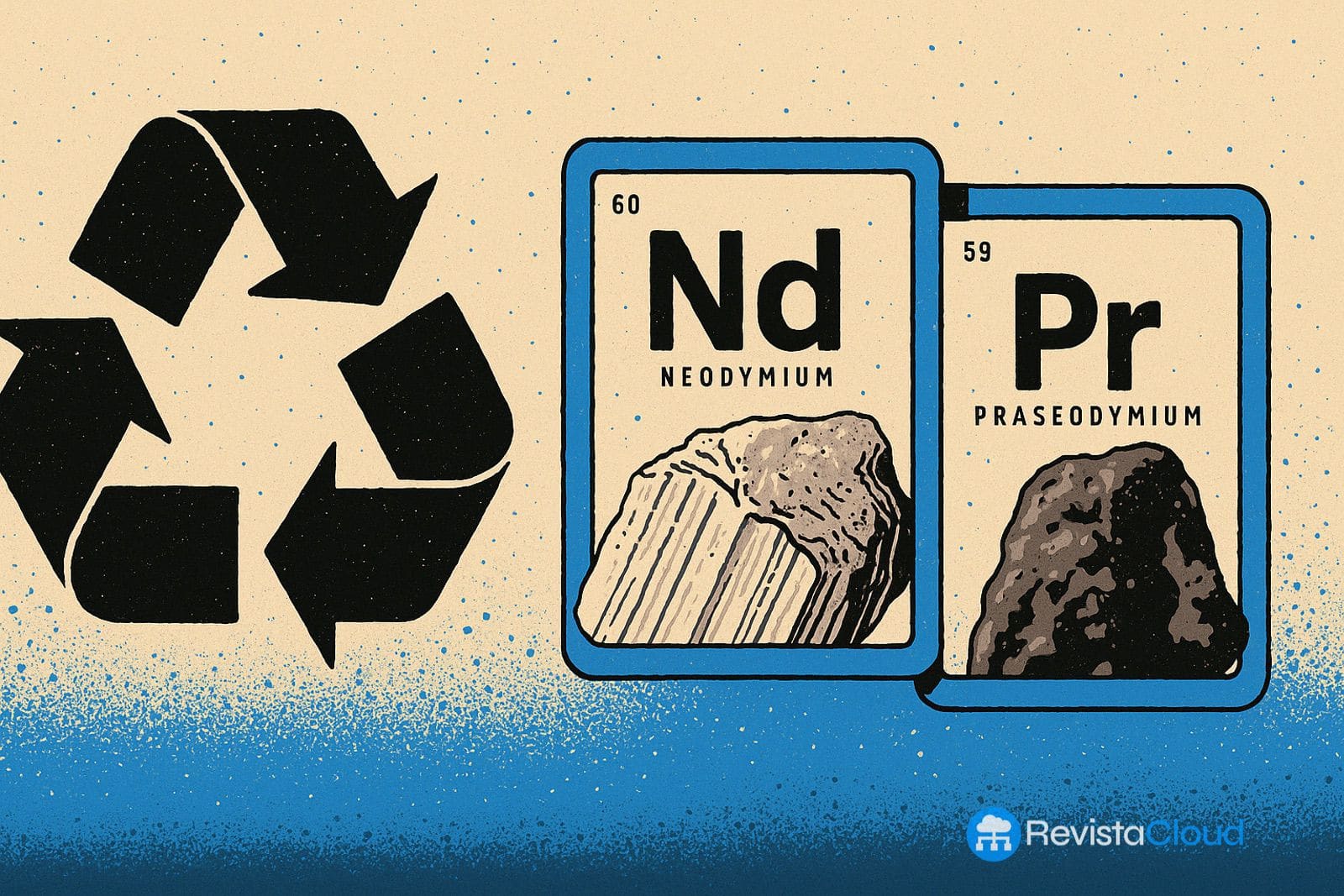The semiconductor sector is raising alarms again. The Japanese company Asahi Kasei has notified several of its clients that it will suspend the supply of essential materials for advanced packaging, specifically the PSPI polymer (photosensitive polyamide), a key component in the production of high-end chips used in artificial intelligence (AI). This decision, driven by the company’s inability to meet the rising global demand, could trigger a crisis in the AI industry’s supply chain, according to industry sources.
PSPI is a strategic material in the chip packaging processes, used in protective layers, redistribution lines (RDL), and other critical structures in the fabrication of advanced semiconductors. Its main advantage lies in combining photosensitive and insulating properties, allowing for the simplification of multilayer processes such as 2P2M or 4P4M. Currently, there is no substitute that matches all its technical characteristics, exacerbating the situation in the face of a potential shortage.
Direct Impact on Major Manufacturers
Asahi Kasei, along with HD Microsystems—a joint venture between DuPont and Hitachi—leads the global market for advanced packaging materials. Its decision to cut supply to some clients in its PIMEL line (based on PSPI) is due to an unprecedented increase in demand, spurred by the explosion of the AI chip market, especially those used in high-performance computing (HPC).
The rise of models like those from NVIDIA, which heavily rely on TSMC’s CoWoS packaging, has skyrocketed the need for materials like PSPI. Recently, NVIDIA’s CEO, Jensen Huang, stated during COMPUTEX in Taipei that CoWoS is an irreplaceable technology for their current products. TSMC, being the largest chip manufacturer in the world, may not be as heavily affected due to its bargaining power, but other key players like ASE Technology (an assembly and testing conglomerate) could face disruptions in their expansion plans.
Risk of an "AI Blackout"
The supply chain is under significant strain as companies like Samsung, Intel, and Innolux are also bolstering their capabilities in advanced packaging, putting further pressure on the limited volumes of PSPI available. The risk of a temporary disruption in the availability of AI chips—a possibility that analysts are beginning to refer to as an “AI blackout”—could have cascading effects on sectors that rely on machine learning and automation.
According to sources in the Taiwanese industry, ASE Technology aims to achieve a monthly production of 10,000 packaged wafers with CoWoS technology by 2025, expecting revenues tied to this type of solution to surpass $1 billion in the same year. However, the lack of PSPI supply from Asahi Kasei could endanger this ambitious plan. So far, ASE has not issued any official statements regarding the potential impact.
A Material Without a Viable Substitute
PSPI (photosensitive polyamide) is a polymer specifically designed to react to light during lithography processes, allowing for the creation of highly precise patterns without the need for high temperatures—its curing point is around 200 degrees Celsius. This quality makes it ideal for sensitive electronic devices and advanced microfabrication applications. In chip packaging, its role as a dielectric insulator in redistribution layers is essential for increasing interconnection density and reducing electrical resistance.
Meanwhile, smaller chemical manufacturers like Eternal, Chang Chun, or San Fu Chemical could benefit from redirected orders from Asahi Kasei’s customers, although their production capacity is limited, and it is unclear whether they can meet the technical requirements of all semiconductor manufacturers.
Conclusion
Asahi Kasei’s announcement comes at a critical time for the tech sector, amid the rapid expansion of generative artificial intelligence and global digitization. The lack of viable alternatives to PSPI for advanced packaging processes leaves the semiconductor industry in a vulnerable position, where coordination between suppliers and manufacturers will be crucial to avoid a large-scale disruption. The potential for a bottleneck in the production of AI chips not only affects hardware but also threatens to stifle innovation across multiple sectors that depend on these advancements.
Source: money.udn.com

